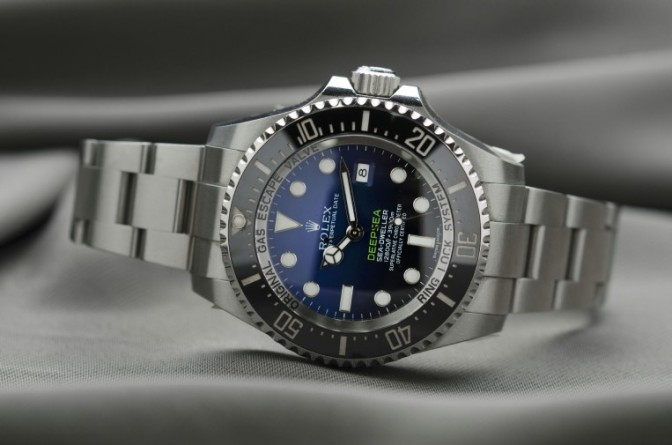In a landmark ruling, the Swiss Supreme Court has resolved a pivotal trademark dispute involving a Swiss customization firm and luxury watchmaker Rolex. This case, discussed in a panel session at the AIPPI World Congress in Hangzhou, originated before the Covid-19 pandemic and centred on the customization of Rolex watches by a company that had previously provided personalization services for these luxury items.
The discussion centered on the controversy surrounding the customization of Rolex watches, which allowed customers to modify their timepieces and often incorporate their own trademarks alongside Rolex’s. However, this practice led to legal action from Rolex, accusing the customization firm of trademark infringement and unfair competition. Initially, a Geneva court ruled in favor of Rolex, ordering the customization company to cease all customization activities. This decision prompted the company to appeal to the Federal Supreme Court of Switzerland.
In its ruling, the Swiss Supreme Court highlighted the need to differentiate between two distinct business models utilized by the customization company. The first model involved providing customization services for customers who brought their own Rolex watches. The court deemed this practice lawful, citing the principle of trademark exhaustion recognized in Switzerland. According to the court, once a consumer purchases a Rolex, the trademark rights are considered exhausted, allowing the owner the freedom to customize the watch, either personally or through a third-party service. The court concluded that because the ownership of the watch remained with the customer throughout the process, the customization did not impact the market for Rolex watches and fell under the “private use” exception of trademark law.
Conversely, the court ruled that the second model, which involved the customization company selling already modified Rolex watches through an online platform, was unlawful. This commercialization of altered branded products infringed upon the trademark owner’s rights, as these items were no longer regarded as original Rolex products. The principle of exhaustion did not apply here, as the customized watches represented a significant deviation from their original state.
This ruling clarifies that while customization services may be lawful under certain conditions, the sale of already customized branded products is prohibited. The decision establishes a precedent regarding the extent of trademark rights and the scope of customization in the luxury goods market.
In a related development, the Court of Justice of the European Union (ECJ) made headlines in January concerning the exhaustion of trademark rights in a dispute involving Unipacket and an unauthorized reseller of its products. The ECJ was tasked with determining the burden of proof in establishing whether trademark rights had been exhausted.
In a departure from traditional principles, the ECJ ruled that when it would be difficult for the unauthorized reseller to prove exhaustion – due to a lack of information about the product’s origin – the burden would shift to Unipacket to demonstrate that its trademark rights had not been exhausted. This decision aims to facilitate legitimate sales and mitigate market partitioning risks within the EU.
The outcomes of these cases underscore the evolving landscape of trademark law in both Switzerland and the EU, especially regarding customization and commercialization in the luxury goods sector. Legal experts are closely monitoring these rulings as they set significant precedents for future trademark rights cases, balancing brand protection and consumer freedoms. These discussions will be featured in a panel at AIPPI, where experts will further explore the implications of these rulings on intellectual property practices.
During the panel discussion, Roberto Carapeto, a partner in the Tokyo office of Brazilian law firm Licks Attorneys, addressed how different jurisdictions interpret trademark exhaustion. “Japan does not have a clear provision regarding the exhaustion of trademark rights,” Carapeto noted. “However, Brazil is very different. Brazil has a very clear provision regarding trademark rights exhaustion,” he added.
He emphasized that Brazil’s industrial property laws, specifically Article 131, Paragraph 3, establish national exhaustion of trademark rights. This provision states that owners may not prevent the free circulation of products placed in the market under their own concept. This means that while companies control products within Brazil’s domestic market, issues arise concerning international exhaustion and parallel imports. The prevailing interpretation of Brazilian law indicates that national exhaustion is the default rule.
– Cathy Li, reporting from Hangzhou







